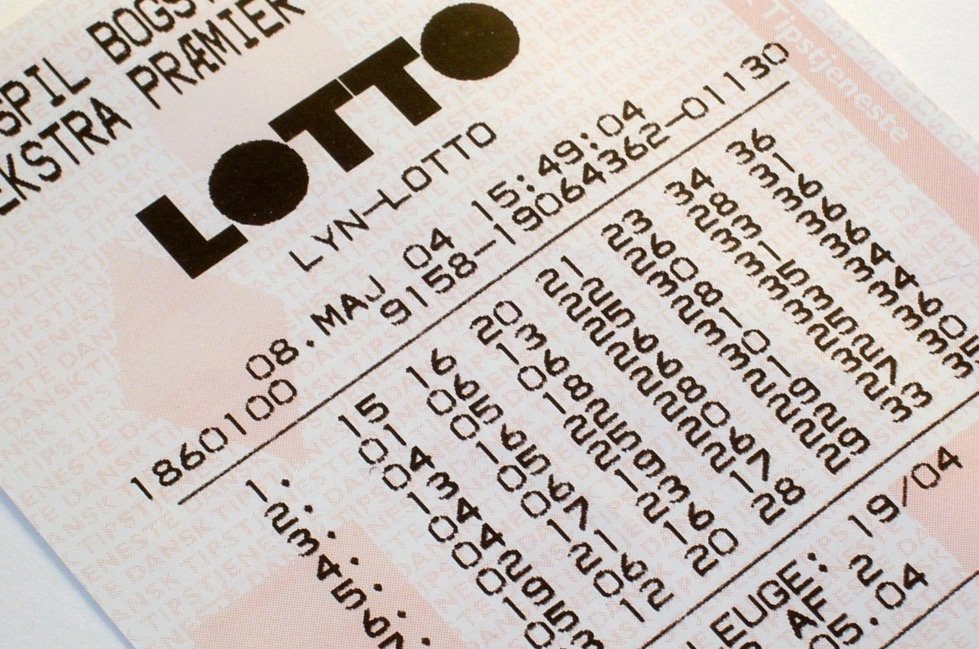Millions of people buy lottery tickets every week, dreaming of a life-changing win. While winning is a long shot, understanding the odds and the factors that influence them can help you play smarter. The chances of winning depend on the specific lottery you play, how many numbers you need to match, and the total number of players. Let’s explore what the odds of winning the lottery truly are.
What Factors Influence Your Lottery Odds?
Your chances of winning the lottery are not the same for every game. Several key factors determine the probability of you hitting the jackpot, and understanding them is the first step to making more informed choices about which games to play.
The number of balls drawn in a lottery has a massive impact on your odds. A game that requires you to match five numbers will have significantly better odds than one that requires you to match six or seven from the same pool.
Another critical element is the number range. A lottery that asks you to pick numbers from 1 to 49 has better odds than one with a range of 1 to 69. Some games also include a bonus ball, which is drawn from a separate pool of numbers. This extra ball dramatically increases the total number of possible combinations, making the jackpot harder to win.
Finally, the size of the player pool affects your chances, not of winning the jackpot itself, but of having to share it. A smaller, local lottery with fewer players means that if you win, you are less likely to have to split the prize money with other winners.
How are Lottery Odds Actually Calculated?
Lottery odds are a matter of pure mathematics, specifically in a field called combinatorics. The calculation determines how many different combinations of numbers can possibly be drawn. For a simple lottery where you pick 6 numbers from a pool of 49, the odds are calculated by finding the total number of 6-number combinations.
You don’t need to be a math genius to understand the concept. Essentially, the more numbers in the pool and the more numbers you have to match, the higher the number of possible combinations, which makes your specific set of numbers less likely to be drawn.
For example, the odds of winning the UK National Lotto (matching 6 numbers from 59) are 1 in 45,057,474. This number is reached by a specific mathematical formula that calculates all possible outcomes.
A Look at the Odds of Popular Lotteries
Not all lotteries are created equal. The odds can vary wildly between different games, which is why it’s smart to compare them before you play. Looking at a simple comparison can reveal just how much better your chances might be with a smaller game.
While the giant jackpots of nationwide lotteries are tempting, your statistical chance of winning is much higher in smaller, regional games. The trade-off is usually a smaller prize, but better odds mean you have a more realistic chance of winning something.
Here is a comparison of the jackpot odds for a few different lotteries:
| Lottery Game | Jackpot Odds |
| Ireland Lotto | 1 in 10,737,573 |
| US Powerball | 1 in 292,201,338 |
| EuroJackpot | 1 in 95,344,200 |
| A State-Level Lottery (e.g., Florida Fantasy 5) | 1 in 376,992 |
Can You Really Improve Your Chances of Winning?
While there is no secret formula to guarantee a lottery win, you can adopt certain strategies to slightly improve your statistical chances. These methods are not about magic; they are about playing smart and being consistent.
The most obvious but often overlooked tip is that you have to be in it to win it. Lottery winners often share a common trait: they play regularly. Buying one ticket occasionally gives you a minuscule chance, but consistent play, especially with multiple tickets for a single drawing, mathematically increases your probability of winning.
Here are a few practical tips to consider:
- Join a Lottery Pool: Pooling your money with friends, family, or coworkers allows you to buy more tickets for a single drawing. This significantly increases your group’s chances of winning, though you will have to share the prize.
- Choose Games with Better Odds: As shown above, smaller lotteries have much better odds. Don’t just focus on the size of the jackpot; look at the probability of winning it.
- Check Your Tickets Carefully: It sounds unbelievable, but millions of dollars in prize money go unclaimed every year. Always double-check your numbers and keep your tickets in a safe place.
These strategies won’t beat the astronomical odds, but they can give you a slight edge over a casual, single-ticket player.
The Importance of a Healthy Mindset When Playing
Playing the lottery should be seen as a form of entertainment, not a financial investment or a way out of debt. The odds are designed to be long, and even with the best strategies, winning is never guaranteed. Having the right mentality is key to enjoying the experience without financial stress.
A big part of the fun for many people is the dream itself. The excitement of checking your numbers and imagining what you would do with the winnings is what keeps them coming back. Embrace that part of the experience.
It is crucial to play responsibly and only spend what you can comfortably afford to lose. Never use money meant for bills, savings, or other essential expenses to buy lottery tickets. If you are one of the lucky ones, your dream may come true, but the journey should be fun, not stressful.
Frequently Asked Questions about Lottery Odds
Does buying more tickets for one drawing really help?
Yes, buying more tickets for a single drawing does increase your odds. If you have one ticket, your odds are 1 in 292 million for Powerball. If you have 10 tickets, your odds become 10 in 292 million, which is statistically better, but still very long.
Which type of lottery generally has the best odds of winning?
Smaller, local, or state-level lotteries almost always have better odds than large, multi-state or national lotteries like Powerball or Mega Millions. Games that require you to match fewer numbers from a smaller range offer the best chances.
Are lottery quick picks better than choosing my own numbers?
Statistically, there is no difference. Every number combination has an equal chance of being drawn. Quick picks simply ensure your numbers are random and not based on common patterns like birthdays, which could increase your chances of having to share a jackpot if you win.
What is the most important thing to remember when playing the lottery?
The most important thing is to play responsibly. Treat it as entertainment, set a strict budget, and never spend more than you can afford to lose. The fun is in the dream, not in creating financial hardship.
How can I avoid lottery scams?
Legitimate lotteries will never ask you to pay a fee to collect a prize. Be wary of any email, phone call, or letter that claims you have won a lottery you did not enter or asks for personal banking information or a “processing fee.”








Leave a Comment